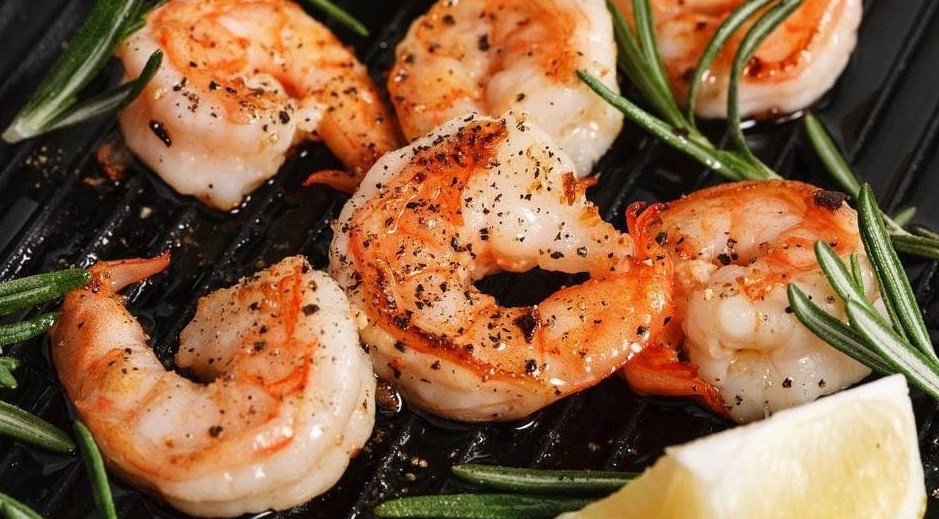The Gulf shrimp industry, which has been a vital source of income and culture for many coastal communities, is facing a crisis as low prices and imports threaten its survival. Shrimpers across the Gulf states are struggling to stay afloat and compete with cheaper, farm-raised shrimp from countries like India and Ecuador. Some have even decided to tie up their boats and quit the business altogether.
Imports flood the market and drive down prices
One of the main challenges facing the Gulf shrimp industry is the influx of imported shrimp, which accounts for more than 90% of the seafood consumed in the U.S. According to data from the National Oceanic and Atmospheric Administration (NOAA), 800 million pounds of shrimp were imported into the U.S. in the first half of 2023, mostly from India and Ecuador. These imports sell for under a dollar a pound, forcing domestic shrimpers to lower their prices to compete.
However, the low prices are not enough to cover the operating costs of shrimping, which include fuel, labor, maintenance, and equipment. In May 2023, Gulf shrimpers made less than $3 a pound for their shrimp, the lowest prices ever reported for that month since 2002. In contrast, in 2019, the average price was $5.30 a pound.

Many wholesalers and retailers have already bought imported shrimp and do not need more. This leaves Gulf shrimpers with few options to sell their catch, which is often considered superior in quality and taste to the imported shrimp. Some shrimpers have resorted to selling their shrimp directly to consumers or local restaurants, but this is not enough to sustain the industry.
Shrimpers seek federal help to save the industry
The Gulf shrimp industry is not only a source of livelihood for thousands of fishermen and their families, but also a part of the region’s history and identity. Shrimping has been a tradition for generations, dating back to the early 1900s, when immigrants from Europe and Asia settled along the Gulf coast and started fishing for shrimp. The industry has also contributed to the economy and the environment of the Gulf states, providing jobs, revenue, and food.
However, the industry is now in danger of disappearing, unless the federal government steps in to help. A multi-state effort is underway to secure assistance from Washington, D.C., before it is too late. Shrimpers from Texas, Louisiana, Mississippi, Alabama, and Florida have joined forces to lobby for relief measures, such as tariffs, subsidies, loans, or grants.
One of the leaders of this effort is E.J. Cuevas, a third-generation shrimper who runs Cuevas Trawlers, the largest fleet in Port Isabel, Texas. Cuevas attended a shrimpers’ meeting in Palacios, Texas, in early September, where he met with other shrimpers from the region to discuss the industry’s problems and solutions.
“I think, overall, we all have a general consensus that we’re all in dire need of help, and we want to do what we have to do to prolong this and keep our family traditions and keep the industry alive,” Cuevas said.
Cuevas and his fellow shrimpers have reached out to their local, state, and federal representatives, as well as the U.S. Department of Commerce and the U.S. Trade Representative, to ask for their support. They have also contacted the media and the public to raise awareness and sympathy for their cause.
“We need to get the word out there that we’re here, we’re struggling, and we need help,” Cuevas said.
Shrimpers hope for a better future
Despite the hardships and uncertainties, some shrimpers remain hopeful that the industry can survive and thrive again. They believe that the Gulf shrimp has a loyal customer base that appreciates its quality and flavor, and that the demand will eventually pick up. They also hope that the federal government will recognize the value and importance of the industry and provide the necessary help.
One of the things that keeps them going is the abundance of shrimp in the Gulf waters, which is a sign of a healthy and sustainable fishery. The Gulf shrimp is also known as the “pink gold” for its color and value, and it is a symbol of pride and resilience for the shrimpers.
